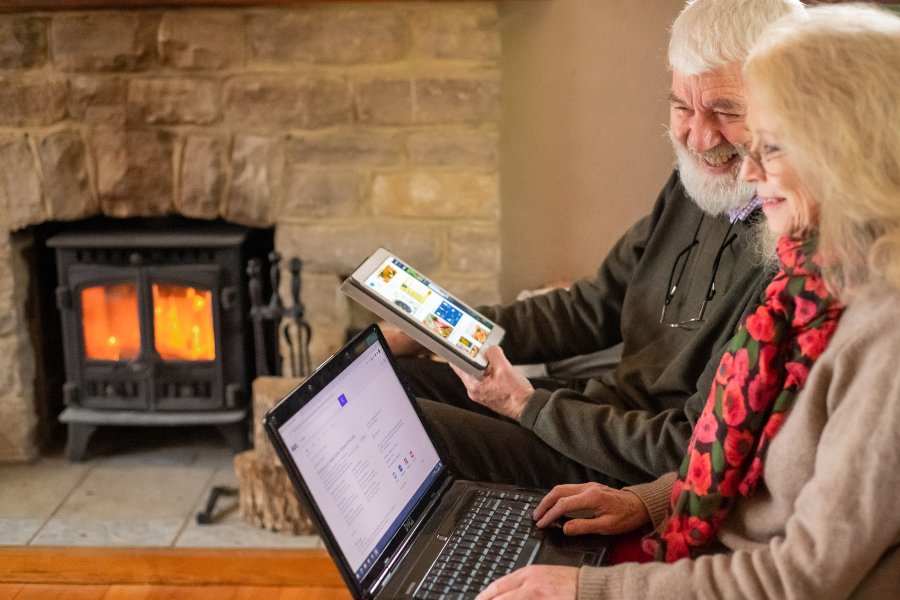Autonomous wheelchair and mobile robotic arm will be trialled at state-of-the-art smart home
Assistive technologies will be trialled at a new state-of-the-art smart home at Aberystwyth University, which is aiming to improve quality of life for the elderly or people with health conditions.
The Smart Home Lab will resemble an everyday home, with a living room, kitchen, bathroom, and bedrooms, but will also be equipped with sensors, robotic assistants, and full connectivity.
Researchers will be able to test the likes of assisted living technology for those with mobility problems, voice-activated devices, carry out remote check-ups by GPs and other healthcare professionals, and explore how robots and augmented reality can assist people within the home.
Among the devices that have already been built for the home are a smart wheelchair, an autonomous vacuum cleaner, a mobile robotic arm, and a companion cat named “Pixel”.
Professor Colin McInnes, Pro Vice-Chancellor for Research, Knowledge Exchange and Innovation, said: “Research into smart healthcare has been taking place at Aberystwyth University over a number of years. What this facility does is give researchers a real-life environment on campus to see how certain technologies work, where they can be improved and spark inspiration for further innovation.
“This facility is about improving people’s lives and ensuring that they have the tools on hand to have a high quality of life no matter what their age. We want to work with both public and private sector partners so we can truly deliver on fulfilling people’s needs.”
The home will primarily be used by the Department of Computer Science and Department of Psychology, but the longer-term aim is to open the door to interdisciplinary research, such as studies to look at energy management or air quality.
The 120m² bungalow, which is being funded by the Welsh Government and HEFCW, will be located on the university’s Penglais campus. Construction is due to be completed in late 2023.
Dr Patricia Shaw, Senior Lecturer at the Department of Computer Science, commented: “Technology is transforming how we deliver healthcare to everyone.
“But with an ageing population and greater demands for social care, smart home technology will play a particularly critical role in improving quality of life and independence for the elderly.
“It can be particularly useful in rural communities such as west Wales as patients may need to travel long-distances to see specialists.
“The smart home lab will provide departments across the University with a space to co-create technologies and evaluate how they work in a real-life context. It will also provide a space for the whole social care ecosystem – spanning health and social care professional, public and private care providers, and the elderly themselves – to explore new solutions.”
The University of Strathclyde’s stroke rehabilitation work, which is supported by Chest Heart and Stroke Scotland (CHSS), is developing new assistive technologies to improve rehabilitation outcomes for patients.


